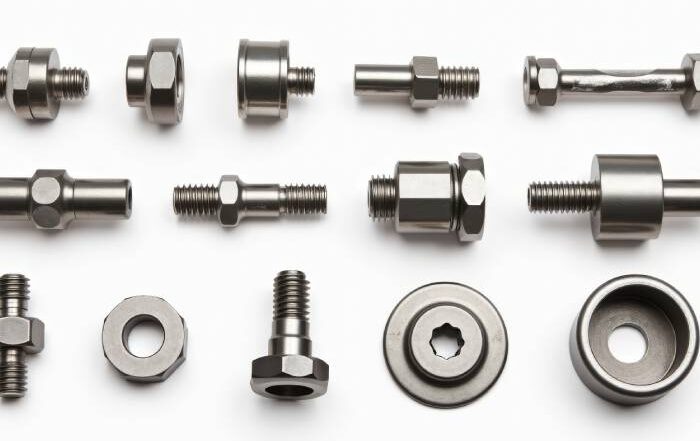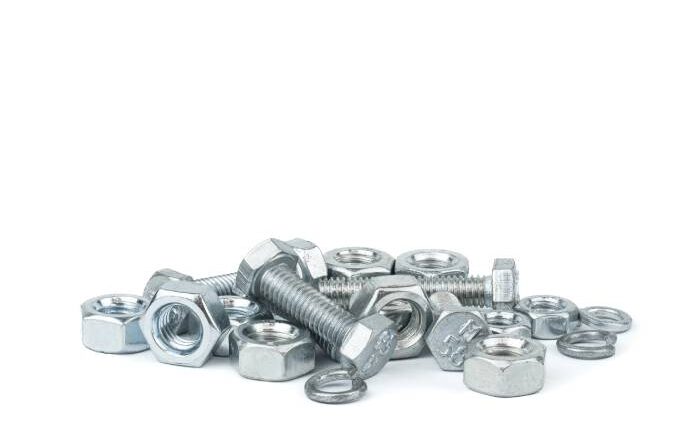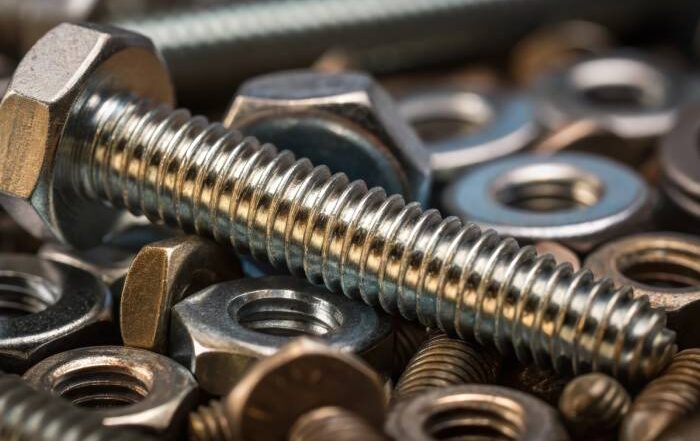
Date Posted:
July 6, 2021
Post Author:
Marsh Fasteners
Categories:
Should nuts and bolts always be lubricated? There are many benefits to using lubrication for stainless steel nuts and bolts, but what makes lubricant essential is that it assists in keeping fasteners tightened. Here is a little info on lubrication for nuts and bolts.
Why should you lubricate fasteners?
Lubrication affects the tightening torque and tension of the nut and bolt. When tightening a fastener such as a bolt, too much pressure can stretch its elastic limit. Too little pressure can also cause problems such as fatigue of the bolt. Using a torque wrench can help reach the desired force, however much control is needed. Sometimes the use of a calibrated torque wrench can still affect the bolt tension if lubrication is not applied. Lubrication is therefore a necessary way to help the threads, header (or washer) to consistently tighten to the degree of force required.
The use of nut and bolt lubricant is also included in the prevention of galling. Galling is the surface damage between sliding solids. To prevent damage to steel surfaces, lubrication is needed when we grind steel fasteners. “Moly” lubricants are often used to prevent galling.
Other advantages of lubricating nuts and bolts include:
- It creates a barrier between the nut or bolt and surface, making it easier to unscrew.
- It reduces heat damage as the lubrication protects the surface area of the fastener assembly
- Lubrication can also remove dust and debris, ensuring the effective tightening of bolts and nuts.
- Corrosion cannot always be prevented, however, the use of certain lubricants assists in the longevity of nuts and bolts.
For more information on lubrication for stainless steel nuts and bolts, call us today!



